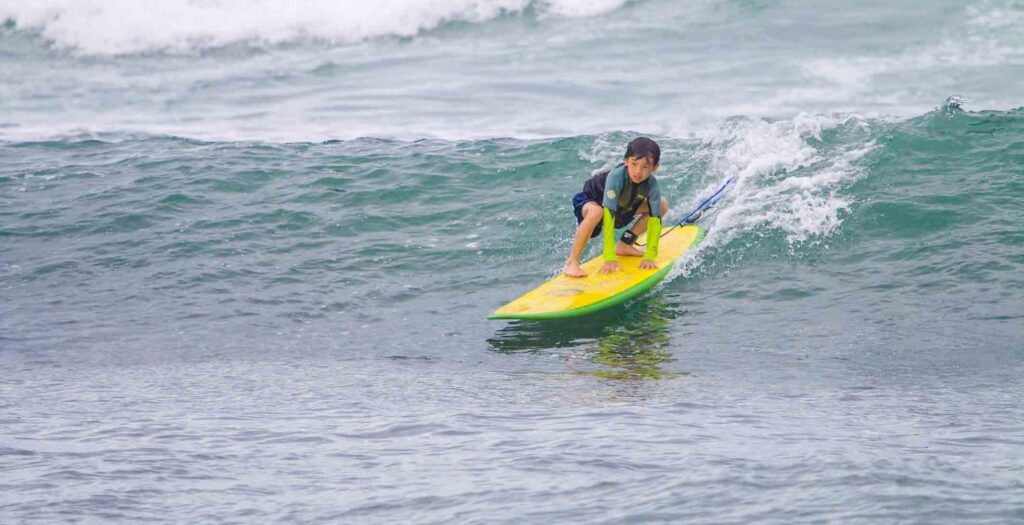Surfing Tips Best Practices
It Feels Like Home!

Surfing Tips and Best Practices: Enhance Your Surfing Experience at Flagler FL.
Surfing Tips Best Practices
Surfing is not just a sport; it’s a way of life that connects enthusiasts with the raw power of the ocean. Whether you’re a beginner catching your first wave or an experienced surfer seeking to improve your skills, here are some essential surfing tips best practices to enhance your surfing experience:
1. Choose the Right Equipment:
- Select a surfboard suitable for your skill level, body size, and the conditions you’ll be surfing in. Beginners often start with soft-top foam boards, while more advanced surfers may prefer fiberglass or epoxy boards.
- Ensure your board is properly waxed to provide traction and grip while paddling and riding waves.
2. Learn Proper Paddling Technique:
- Mastering the art of paddling is crucial for getting out to the lineup efficiently and catching waves. Use your arms to propel yourself through the water, keeping your body flat on the board and your head up to maintain balance.
- Practice paddling in calm conditions before attempting to paddle out in larger surf.
3. Practice Pop-Up Technique:
- The pop-up is the transition from lying prone on your board to standing upright while riding a wave. Practice this movement on land to develop muscle memory and improve your fluidity in the water.
- Start by placing your hands on the board near your chest, pushing yourself up into a crouched position, and then extending your legs into a standing position.
4. Respect Surf Etiquette:
- Familiarize yourself with surf etiquette to ensure a positive and safe experience for yourself and fellow surfers. Yield to surfers already riding a wave, wait your turn in the lineup, and avoid dropping in on others’ waves.
- Be mindful of your surroundings and respect local regulations and designated surfing zones.
5. Stay Safe in the Water:
- Prioritize safety at all times by assessing surf conditions, currents, and hazards before entering the water. Avoid surfing alone whenever possible and always inform someone of your plans.
- Practice proper breath-holding techniques and learn to navigate through waves and whitewater to avoid getting caught in dangerous situations.
6. Respect the Ocean:
- Develop a deep appreciation for the ocean’s power and unpredictability. Stay attuned to changes in weather, tides, and swell conditions, and never underestimate the ocean’s strength.
- Take proactive measures to protect the marine environment by minimizing waste and pollution and respecting marine life and ecosystems.
7. Seek Guidance and Mentorship:
- Consider taking surfing lessons or seeking guidance from experienced surfers to accelerate your learning curve and gain valuable insights.
- Surround yourself with a supportive surfing community that encourages growth, camaraderie, and a shared love for the sport.
8. Embrace a Growth Mindset:
- Approach surfing with an open mind and a willingness to learn and grow with each session. Celebrate progress and setbacks alike as part of the journey toward mastering the waves.
- Stay patient, persistent, and passionate about your surfing journey, and remember that every wave offers an opportunity for growth and self-discovery.
By incorporating these surfing tips best practices into your routine, you’ll not only improve your skills but also deepen your connection to the ocean and the surfing community. Embrace the challenges and joys of surfing with humility, respect, and a spirit of adventure, and let the waves guide you on an unforgettable journey.
